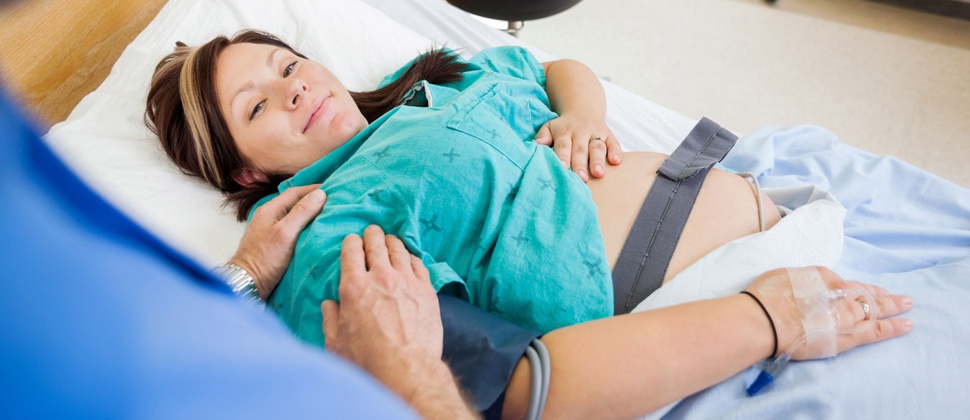Computerised interpretation of fetal heart rate during labour (INFANT): a randomised controlled trial.

What was this research about?
The INFANT study investigated whether computerised decision support software to help staff interpret electronic fetal heart rate monitoring improved outcomes for babies and mothers in labours where continuous electronic monitoring was used.
Why is this research important?
Continuous electronic monitoring, using a cardiotocograph (CTG) machine, is widely used in labour to record the baby’s heartbeat; however, its potential for improving outcomes has not been realised. One of the reasons for this lack of progress is medical staff having difficulty interpreting the heart trace during labour. Sometimes babies who are struggling to cope with labour are missed, and in other cases mothers are having emergency caesarean births which turn out to be unnecessary. It was thought that developing software that assessed the trace would help midwives and obstetricians better identify the at risk babies.
How is NCT involved?
NCT decided to support the trial as it was thought to be important that parents’ views were heard when new technology was being developed and tested. Two user representatives were members of the co-investigators’ group: Mary Newburn, then head of NCT Research and Information, and Rachel Plachcinski, an NCT practitioner and MSLC member who later joined NCT staff. They helped to write information for participants, attended the study’s management meetings, joined discussions on interpretation of the results, and were on the team writing the final paper and report. They then developed and ran a multi-disciplinary dissemination event.
What is the current status of the research project?
Recruitment to the study concluded in 2013. The first paper from the study was published in The Lancet in 2017 . The full report can be read on the website of the national Institute for Health Research. A follow up paper was published in the British Journal of Obstetrics and Gynaecology in 2018.
For more information about this project, please contact Rachel Plachcinski at rachel.plachcinski@gmail.com.



